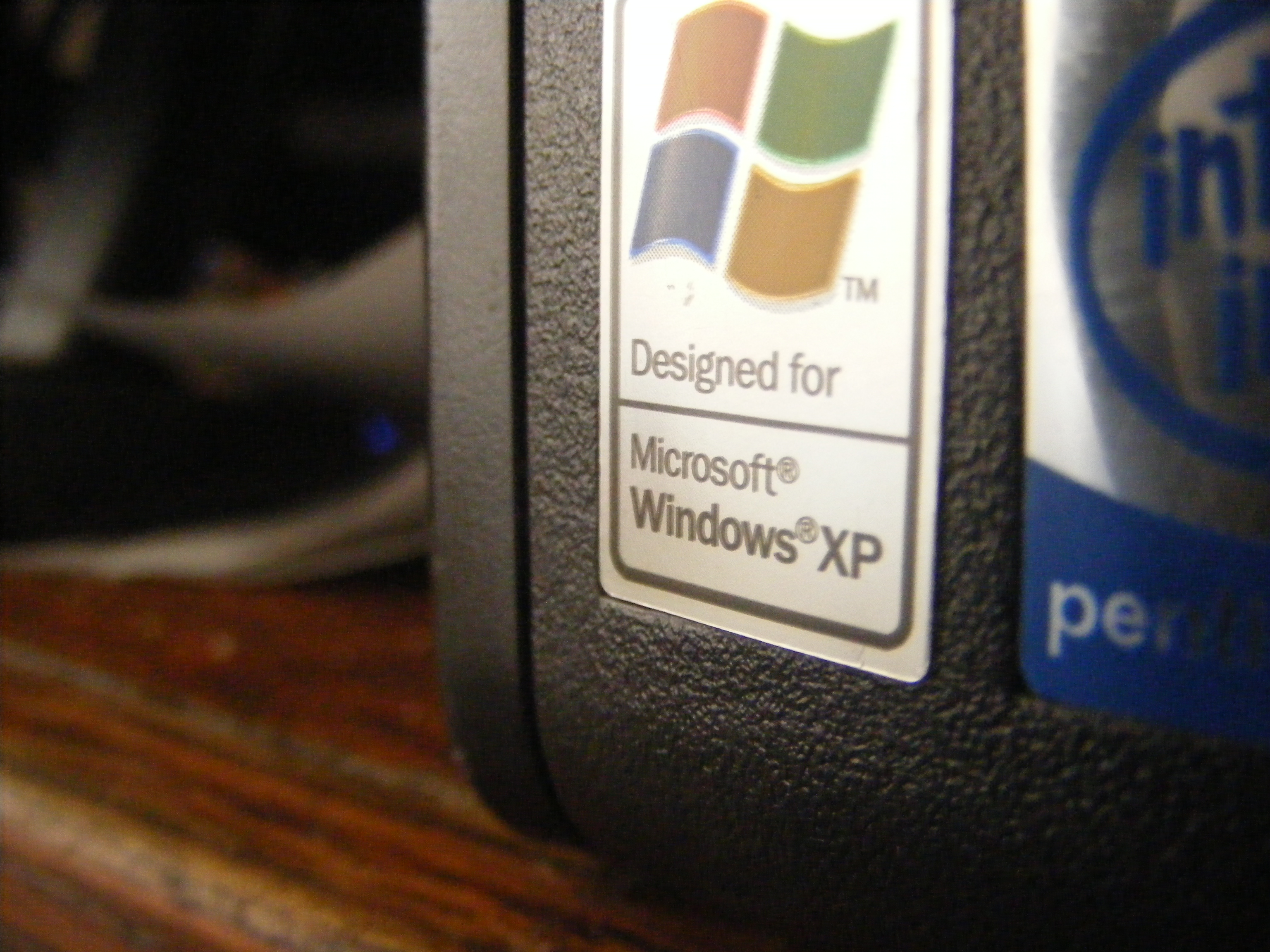Reducing spam is painful. I sent a friend e-mail at the domain she owns. She didn’t get the message, because she changed her e-mail handle off her domain. The reason isn’t rocket science: spam.
I feel her pain. I recently sold a domain I owned since 1995. In parting with the domain, I relinquished an e-mail addressed used for almost nine years. The e-mail change is liberating, because of the greatly diminished amount of spam.





